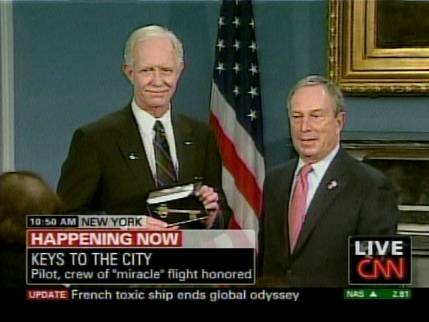I’ve been listening to a Hungarian public radio station, Radio Bartok, much of the day today. There was some serious classical music there, and by serious, I mean something other than what you would expect to hear from the Boston Pops. There was an arts news broadcast. There was a classic radio play (Ferenc Karinthy’s “Steinway Grand“, a hilarious “play in one act”). In short, there was culture.
Culture that used to be there on CBC Radio 2, too. Until it was at first slowly eroded, and then completely destroyed last fall.
I used to be proud of CBC Radio 2. Whenever I traveled, in the US or in Europe, I always proudly spoke of the quality of our public broadcaster. Alas, those days are gone. Now, I am just ashamed.
And annoyed. Annoyed because neither the CBC’s masters nor its critics really “get it”. The former demonstrated their utter contempt toward their listeners when they attempted to placate them with Internet-only playlists that have no hosts and no commentary, nothing that would give them life. The latter, by bemoaning the fate of classical music on the CBC, not realizing that a lot more was at stake; indeed, that many of the old programs that we mourn were not exclusively classical either, but had a well-balanced mix of music of all genres, so long as it was music worth playing, that is, to a civilized, educated audience.








